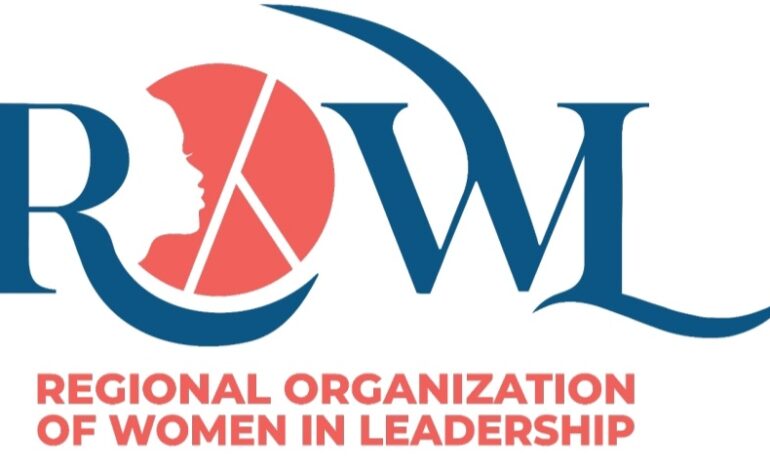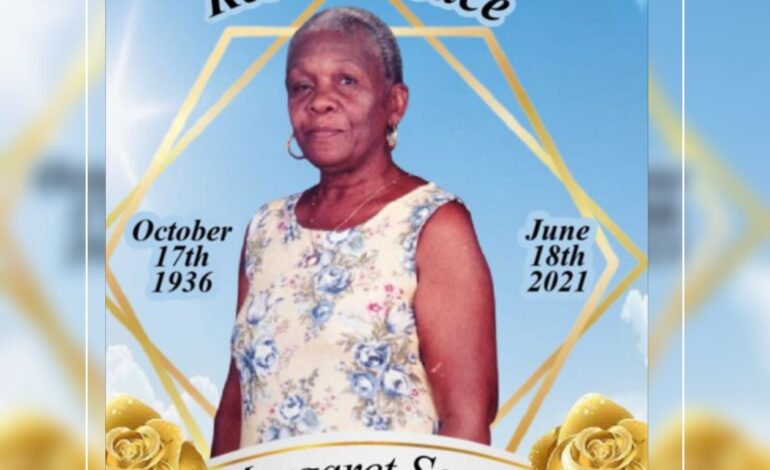
| A panel of five young people from as young as 12 years old and hailing from Barbados, Dominica, Guyana and Trinidad and Tobago, participated in a recently held UNICEF Activate Youth Talk Session. The conversation was hosted on the UNICEF Barbados and Eastern Caribbean Instagram Page, in association with the European Union and the Pan American Health Organization. The session is the first quarterly youth engagement activity of the five year, EU-funded Climate Change and Health project, designed to enhance coordination and increase the climate resilience of health systems in the Caribbean Forum (CARIFORUM) community to better prepare and respond to climate threats. The project is expected to address four lines of action that include supporting Caribbean health leaders in their engagement nationally, regionally and internationally; highlighting the relationship between health and climate change; supporting public health preparedness and the development of mitigation policies to address climate risks; and facilitating access to resources to address the vulnerabilities of health systems to climate change. The discussion was held on Thursday, June 29, International Day of the Tropics which celebrates the diversity of the tropics while highlighting unique challenges and opportunities nations of the Tropics face. Under the project theme, Empowering Caribbean Action on Climate Change and Health the youth and the public were asked, how can climate action protect your health here in the Caribbean? The objectives of these quarterly sessions are:To highlight the actions being carried out in the region in this area, including the EU CARIFORUM projectTo create a space for Caribbean young people (children, adolescents and youth) to network and engage regarding actions related to climate change and health and transform climate change and health research into action.To motivate decision-makers to listen to and engage with youth as “agents of change” in order to create more peaceful, healthy, equal, prosperous and sustainable communities.Create a community engagement and policy advocacy toolkit for youth. The session was moderated by Communication Associate, Social Media at UNICEF, Tristan Ward and Founder of the HEY (Healthy and Environmentally Friendly Youth) Campaign, A global call for youth-led advocacy on climate change and health, Ashley Lashley. Miss Lashley is also a UNICEF Youth Advocate for Barbados and the Eastern Caribbean. The panelists were Community-based adaptation scholar, Jhannel Tomlinson (Jamaica), Environmental activist and film maker, Maria Marshall, CARICOM Youth Ambassador, Renee Atwell (Trinidad and Tobago), Hey Ambassador, Stephanie Pascal and PAHO Youth for Health Ambassador, Esther Marslowe (Guyana).They discussed the climatic impacts they have recognized in the Caribbean – hotter temperatures, extremes in weather like droughts, floods, more intense storms and rising sea levels and the effects of these changes. The major topics discussed were:The fact that climate change and its impacts were no longer theoretical.That there is an urgent need for youth to be aware, involved and empowered for climate health action. The recognition that some of these events were new or more severe and called for people and governments to plan strategically. Requested more comprehensive and integrated approaches to human health to include enhancing environmental health through prioritizing better air quality, water and waste management, along with efforts to safeguard biodiversity. The necessity to have more young people meaningfully engaged to translate information in a more culturally appropriate and engaging way. It is suggested that information be shared more via social media and using trendy, shorter and simpler messages. This would make the information easier to share.The incorporation of climate change and health into formal learning in schools.Increased awareness campaigns to promote Climate Health Action as the responsibility of all stakeholders.Increased opportunities for youth to make meaningful contributions in this area.The importance for more public funding to mitigate and adapt to climate change and variability effects. The need for better planning – Evacuation plans, purpose built resilient shelters, better building codes and enforcement, switching to single use plastics and promotion of water conservation and food production.Additional programmes related to mental health and psychosocial support particularly related to disasters.Consideration of greater access to health care for climate-vulnerable areas. Greater support for youth advocacy including the HEY global appeal on climate change and health and more Caribbean youth to join the Action Network. For more information on the EU/CARIFORUM Climate Change and Health project, visit the website here. |






